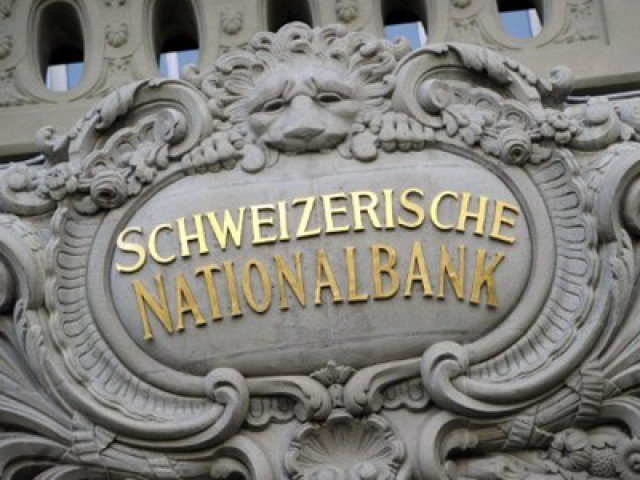The head of the Swiss National Bank (SNB), Martin Schlegel, rejected calls for the central bank to hold bitcoin in its reserves, citing concerns over liquidity and the extreme volatility of cryptocurrencies. The SNB’s rejection came in the face of growing pressure from cryptocurrency advocates, who argue that bitcoin could serve as a hedge against global economic risks.
During the SNB’s shareholder meeting in Bern, Schlegel stated that cryptocurrencies fail to meet the rigorous requirements the central bank has for currency reserves. He emphasized that the central bank needs assets that can be easily bought and sold at any time to manage foreign exchange operations. Schlegel pointed out that the high fluctuations in cryptocurrency values further undermine their reliability as stable reserve assets.
Cryptocurrency proponents, however, are not backing down. A campaign is underway to amend the Swiss constitution, aiming to require the SNB to include bitcoin in its reserves, alongside traditional assets such as gold. The movement has gained momentum, with supporters arguing that bitcoin could provide diversification in light of rising economic instability, particularly due to the tariffs imposed by U.S. President Donald Trump and broader global trade tensions.
One of the key figures behind this movement is Luzius Meisser, a founder of the Bitcoin Initiative. Speaking at the meeting, Meisser described bitcoin as a “special asset” that could offer a valuable alternative to traditional government debt, particularly in a world where trust in such debt may diminish. He acknowledged that bitcoin might not be considered valuable in normal economic conditions but argued that it would hold significant worth in a future scenario marked by a multipolar world order and waning confidence in government-issued bonds.
Despite these arguments, Schlegel remained firm in his stance, stating that cryptocurrencies currently do not fulfill the necessary requirements to be considered part of the SNB’s currency reserves. The debate continues as Switzerland grapples with the question of how to navigate the evolving global economic landscape.























